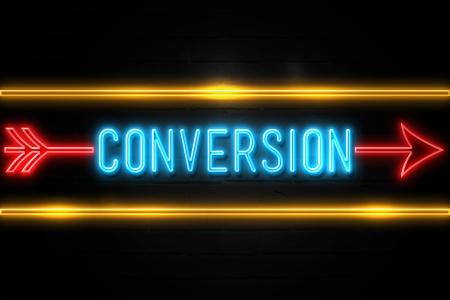The quick answer
Ok, so let's just get to the point - we highly recommend that all sites run over SSL and here are three reasons why.
- Any site that uses a login or collects data/information via a form should have an SSL certificate to ensure that all data passed from a users computer to a web server doesn’t get intercepted or even changed.
- Major browsers like Chrome and Firefox are beginning to highlight insecure websites in the browser which can put off some users.
- Search engines are using SSL certificates as a ranking signal and so not having one can put your site at a slight disadvantage for ranking in search engines.
That being said a website will still run over HTTP and that is why, although we strongly recommend it, it is not essential for every site.
What is an SSL certificate?
SSL stands for Secure Sockets Layer and although the protocol was replaced in 1999 with TLS people still refer to this technology as SSL. In essence, an SSL certificate encrypts data that is passed from a users computer to a web server. This includes content that is passed via contact forms, checkout processes and logins (including if your site has a content management system). Websites that have an SSL certificate run over the HTTPS protocol whereas sites that don’t use HTTP.
Do I need an SSL Certificate on my site?
SSL ensures the following security principles:
- Ensures that whatever data a user inputs into there browser is the data that is received by the webserver
- Ensures that the server that the user thinks they are connected to is actually the correct server
- Ensures that all data that is passed from the user's computer to the webserver is safe, secure and encrypted.
I probably don’t need to explain in too much detail the potential issues and damage that could be caused if any of the above principles weren’t upheld. The idea that personal data can be intercepted or a user enters their credit card details to a site that wasn’t what it appeared to be would be pretty disastrous.
The easiest way to check if your site has an SSL certificate is to look at the the address bar in your web browser. Sites that are running over HTTPS will have a padlock in the browser, they will also start with https:// rather than http://.

Sites that don’t have a SSL certificate might also be flagged by the browser as ‘not secure’ (Google Chrome and Firefox). This can, of course, be hugely off-putting to your users and have a negative impact on your brand. You might think that its a bit unfair that browsers are doing this, but it does show the importance that Google is putting on HTTPS over HTTP.


Do I need an SSL certificate?
Websites can still run over HTTP so if you are not collecting any data, using any forms or have any logins on your site there is an argument to say you don’t need an SSL certificate. Aside from the security reasons, there are other benefits for having a SSL certificate.
What are the advantages of having an SSL Certificate?
Here are our top 5 benefits and reasons why we think all sites should have an SSL certificate.
- Provides a high level of encryption. Up to 256-bit to protect user’s sensitive information.
- Helps to increase user/visitor confidence in your site and brand
- Protects websites from hacking including hackers intercepting data and login passwords passed through forms to the server
- Can have a positive influence on your sites SEO
- Protects users against phishing and scam attacks
How do I get an SSL certificate?
if you host your website with us - all you need to do is drop us an email at info@rebornmedia.co.uk. We can usually get it all set up for you within 24 hours. If you host your site elsewhere, the best thing to do is to contact your web host who should be able to help you.







